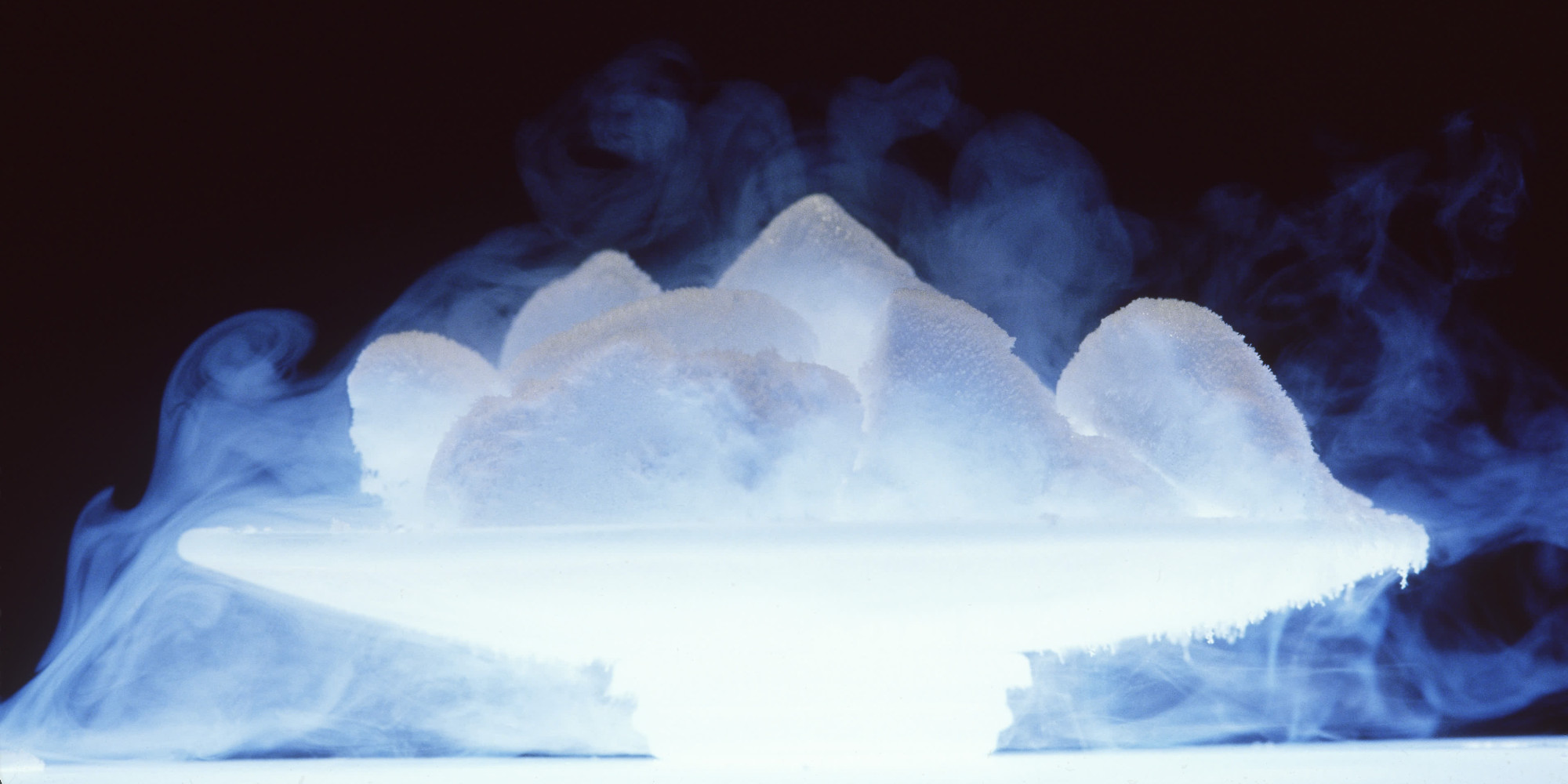Exothermic
- A reaction is exothermic when it releases heat into the surrounding environment
- The thermal energy of the reactants are higher than the thermal energy of the products
- The reaction as well as it's surrounding will often gain heat
- Examples: Burning, Neutralization reactions
Endothermic:
- A reaction is endothermic when it absorbs heat energy from its surrounding enviroment
- The thermal energy of the reactants is lower than the thermal energy of the products
- The reaction as well as it's products get colder
- Examples:Electrolysis, Reaction between ethanoic acid and sodium carbonate

During the lesson today we carried out a series of experiments to determine whether a reaction was exothermic or endothermic.
To do this we had to measure the temperature difference of the substance before the reaction to the substance after the reaction.
We carried out the experiments in a styrofoam cup to deuce the amount of heat energy that was lost to the surrounding environment.
We used the heat capacity of water and the temperatures we recorded to determine how much energy was lost or gained by the system.
No comments:
Post a Comment